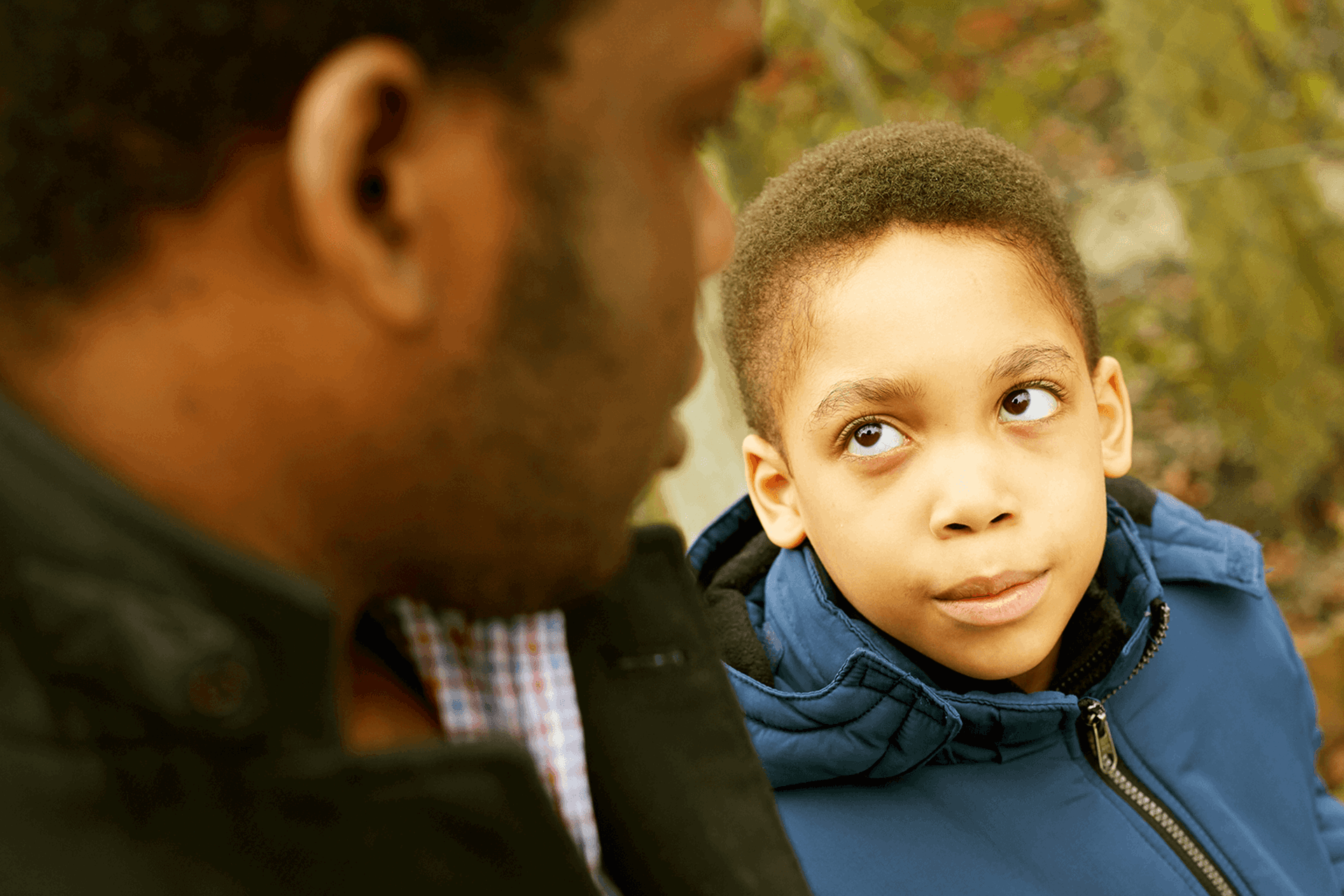
- For:
- Community support,
- Youth workers,
- Schools,
- NHS staff and commissioners
This is a commissioned resource featuring advice from Black young people on how to respond when a Black young person opens up about their mental health.
Every young person deserves to have someone to turn to, to talk about their mental health. From providing a space to listen, to supporting them with accessing further help. We know that every adult that a young person reaches out to needs to feel confident and equipped to help them.
At YoungMinds, we want to create a world where no young person feels alone with their mental health. We recognise that we have to be better at reaching and representing racialised young people, and the adults around them, who have been marginalised by the system.
Our Someone To Turn To report interviewed 350 young people and found that when Black and minoritised young people struggle with their mental health, they are more likely to face systemic barriers and often experience racism, stigma and discrimination when trying to access help and support.
To increase awareness and understanding of this, we commissioned Poetic Unity, a poetry collective that works with young people to empower them to reach their highest potential.
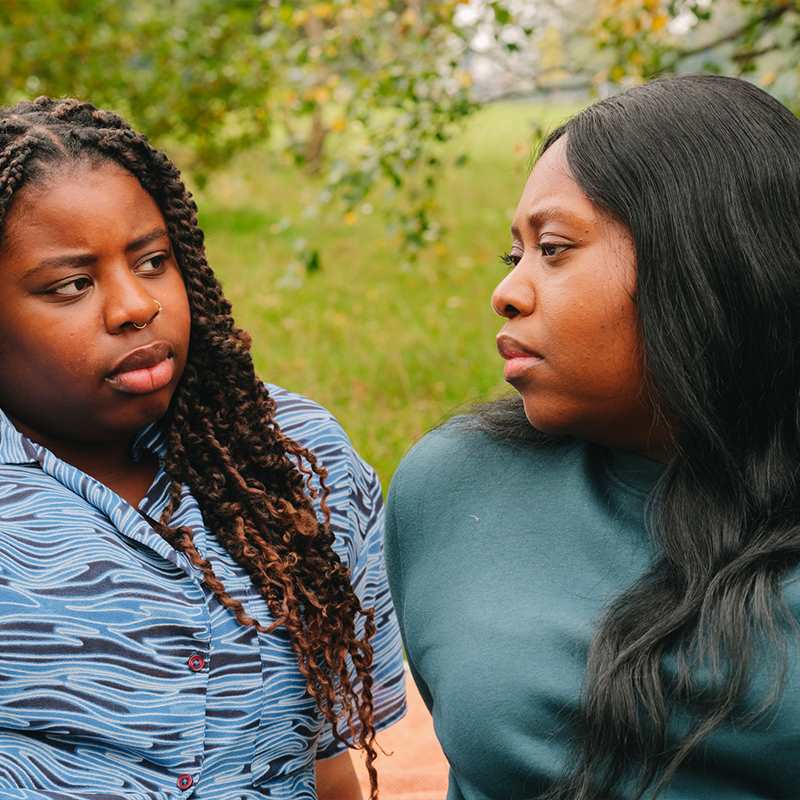
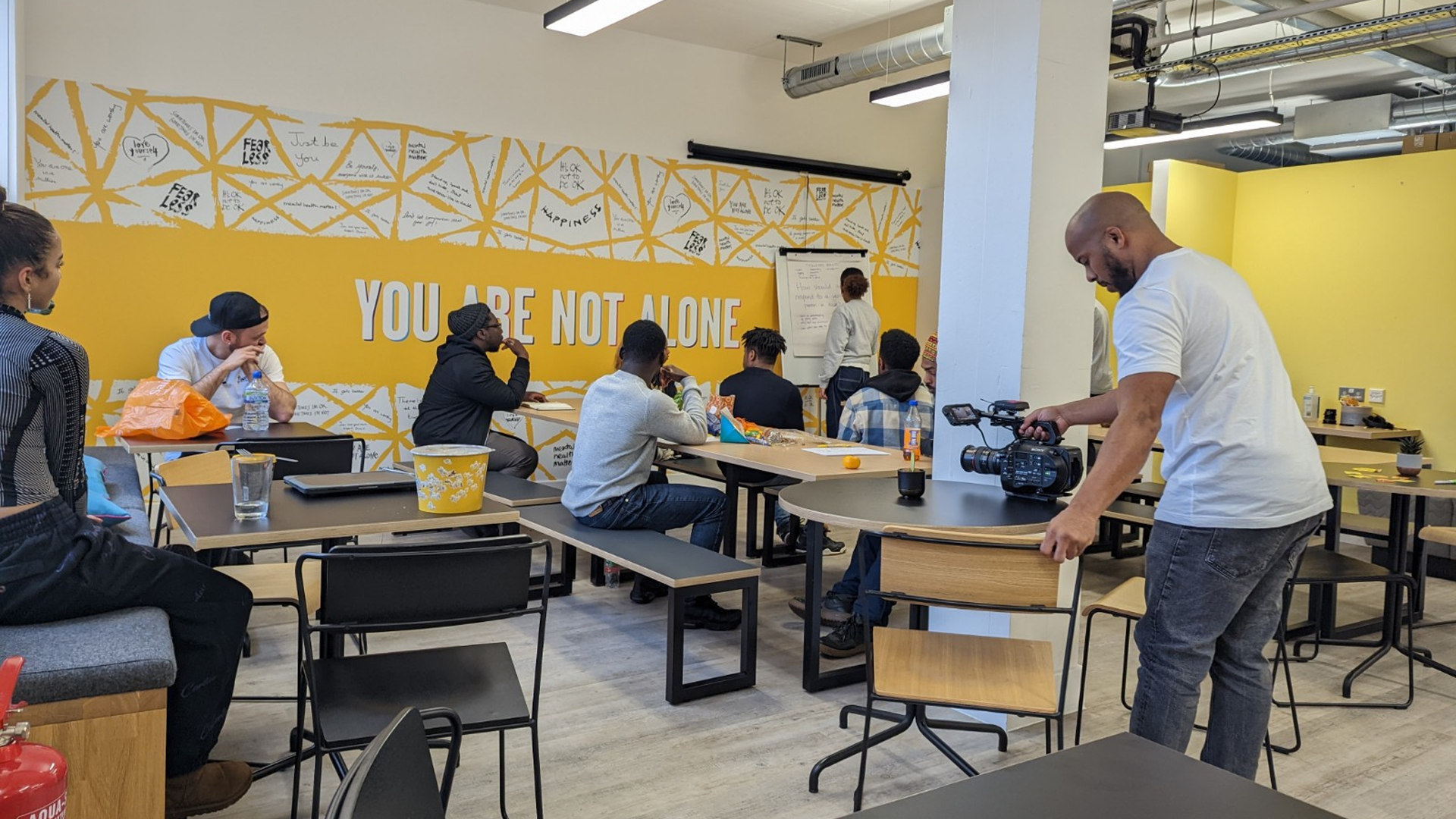
When it comes to mental health, we need to be better at reaching Black and minoritised young people. To help us on this journey, we asked Poetic Unity to facilitate a workshop exploring the following question:
‘How can adults respond well to Black young people looking to speak about their mental health?’
The workshop brought together Black young people to develop activities and questions for two poets, to understand and consider the experiences of turning to an adult for support.
This led to the creation of two poems by poets Jayda and Aaron, which they presented and filmed.
I got involved in the workshop because I believe that as someone who works with young people, adults should regularly be striving to work in best practice and one of the most important ways to achieve this is by finding out from young people themselves what they expect from trusted adults around them.
The poems that were created can be watched below. Both poems are in the poets own words based on the experiences of other young people. Once you've watched the poems, you could try one of our reflection exercises below to further your thinking.
Trigger warning: Please be aware that these videos tackle issues surrounding racism, aggression and abandonment.
Through these poems hopefully adults will be more aware to the fact that these views, thoughts and statistics are real. Adults will get a view of how Black youth feel when speaking to an adult who may not look like them.
After watching these videos, you may find it helpful to do one or all of the following exercises, either on your own or with others that you work or volunteer alongside.
Consider the following questions in response to the poems:
Consider the following questions:
Take a look at some of our resources that can help support you to talk to young people about their mental health.
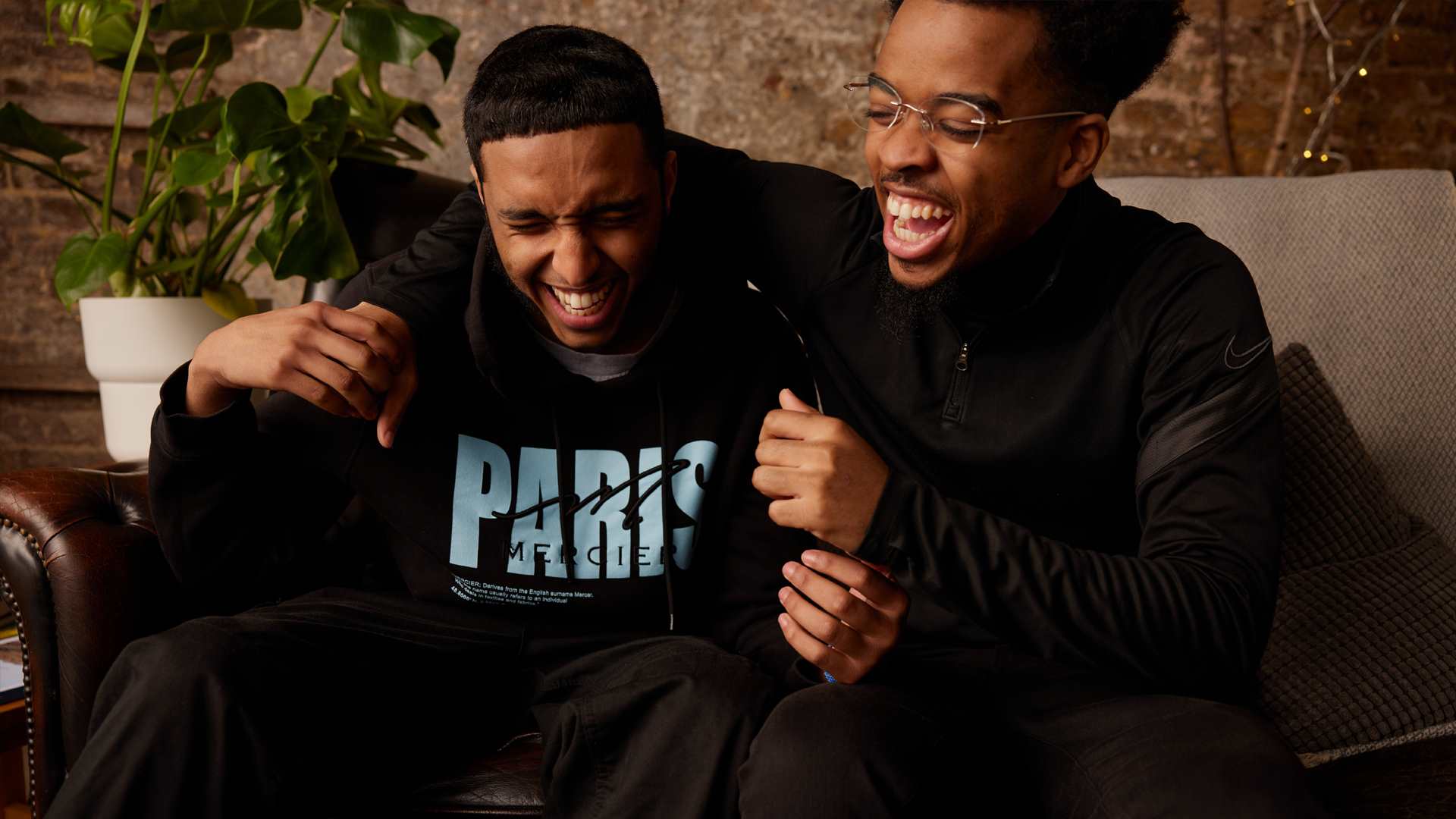
We've teamed up with The Ubele Initiative, Mind and Best Beginnings to help create a space for Black young people to find support, care and joy.
The word bayo comes from Yoruba and means “joy has found us”. We chose this as the name for this platform as we want it to be somewhere not just for Black young people to get support, but to draw strength.
As part of the campaign, we've created a list of organisations that work specifically with Black young people, including places where Black young people can get mental health support in their local community.
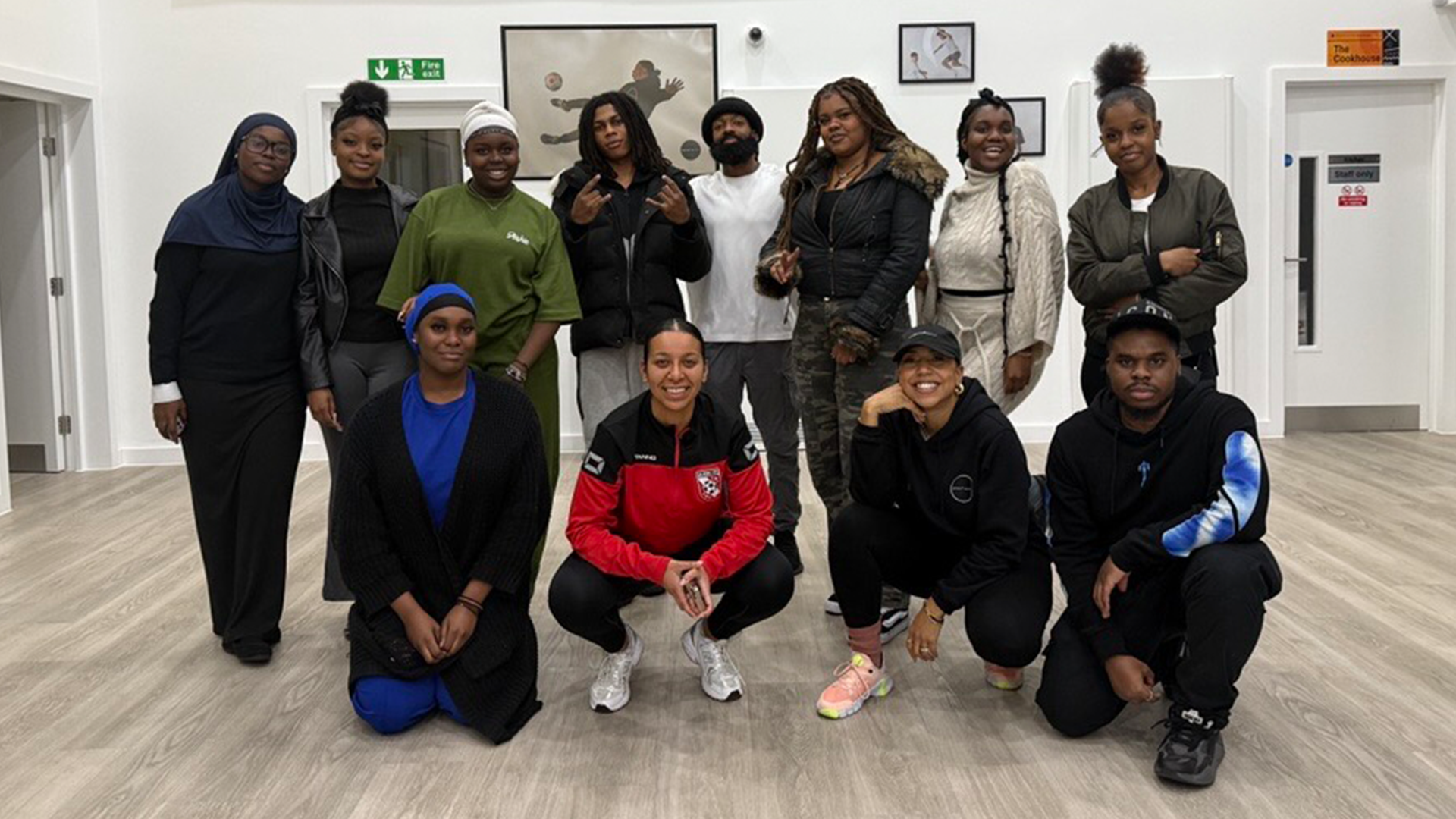
Amplifying Black young voices
From Trauma to Triumph is the result of the Creators Programme, a collaboration between Mentivity and YoungMinds.
Through workshops and honest conversations, young Black people explored issues like intergenerational trauma, societal perceptions, systemic injustice, and knife crime. They used collage, audio, and photography to bring their work to life and call for change.
Whether you love the page or think something is missing, we appreciate your feedback. It all helps us to support more young people with their mental health.
Please be aware that this form isn’t a mental health support service. If you or a young person you work with is in crisis right now and wants to talk to someone urgently, find out who to contact on our urgent help page.
At YoungMinds we take your privacy seriously. If you’d like to read more about how we keep the information we collect safe, take a look at our privacy policy.